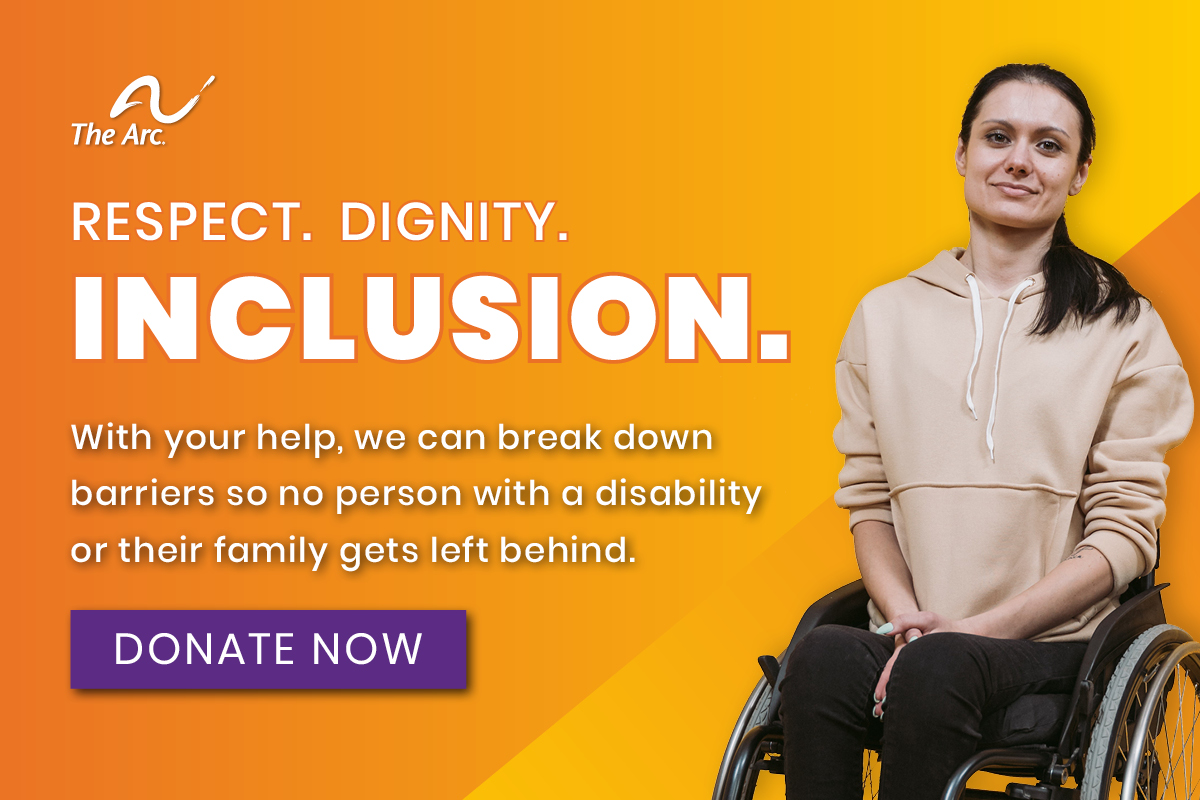Why is there a resource review process?
A great amount of information exists online about autism and intellectual disabilities, and many suggestions and recommendations are given to people based upon this information. While much of this information is valid, there are occasions where information is put online and recommendations are made where information is not correct or accurate.
At Autism NOW, we only upload material on our website that is reviewed by The National Advisory Committee. The committee represents a wide range of expertise whose focus is to provide high-quality resources on the website based around inclusion, self-determination and (when relevant) evidence-based practices.
Because this review process is extensive, materials suggested for review may take a longer period of time to be approved for the website.
Criteria Process
All resources and information that Autism NOW posts will go through the following review process:
1. Once information or resources are received by Autism NOW, they will be disseminated to the Autism NOW Center staff. Autism NOW Center staff will have five (5) business days to individually review this information and then discuss it together. The staff must come to a consensus on whether the material aligns with the following criteria:
- Does this material align with the principles of inclusion,integration, independence, and self-determination stated in the Developmental Disabilities (DD) Act?
- Does this material use respectful language and tone?
- Does this material present information in an unbiased manner without using persuasive speech or tone?
- If applicable, does this material base its claims on evidence-based practices or research? Materials that do not claim to be evidence-based do not need to meet evidence-based criteria. A definition of evidence-based as approved by the National Advisory Committee is below.*
- Is this material useful to self-advocates, families, and others, in compliance with the principles of the Developmental Disabilities Act?
2. After the Autism NOW staff makes a consensus decision about materials, those that are accepted will be sent to the National Advisory Committee for review via the review website (nac.autismnow.org) and regular email reminders. Materials may be accepted; rejected outright; or sent back to authors/organizations for editing (when possible).
3. National Advisory Committee members will have a chance to review the submitted resources and information within five business days. In some cases, the deadline will be extended if a large number of materials are submitted at once. If no comments are received in the time frame, the Autism NOW Center will start to place the materials on the website as a result of the success of the initial staff review.
4. If concerns develop about the quality of materials that have been sent to the National Advisory Committee, the appropriate Subcommittee of the Advisory Committee will have a chance to make additional comments, within three (3) business days of the original deadline.
Opportunities for National Advisory Committee feedback include:
Other opportunities for National Advisory Committee feedback are:
- Making a comment in the review sheet for each resource submitted for review.
- Using the feedback form on the website.
- Emailing or contacting the Autism NOW Center by phone.
- Feedback time provided during regularly scheduled Advisory Committee conference calls/CART events.
The National Advisory Committee members and staff of the Autism NOW Center represent a wide variety of backgrounds, thus ensuring an adequate review of all materials placed on the website.
*Evidence-based medicine (EBM) or evidence-based practice (EBP) aims to apply the best available evidence gained from the scientific method to clinical decision making. It seeks to assess the strength of evidence of the risks and benefits of treatments (including lack of treatment) and diagnostic tests.
Administration on Intellectual and Developmental Disabilities Disclosure Statement
The collection and dissemination of data posted on this website was supported in part by funding from the Administration on Intellectual and Developmental Disabilities, Administration for Community Living, U.S. Department of Health and Human Services. Grantees undertaking projects under government sponsorship are encouraged to express freely their findings and conclusions. Points of view or opinions do not, therefore, necessarily represent official Administration on Intellectual and Developmental Disabilities policy.


